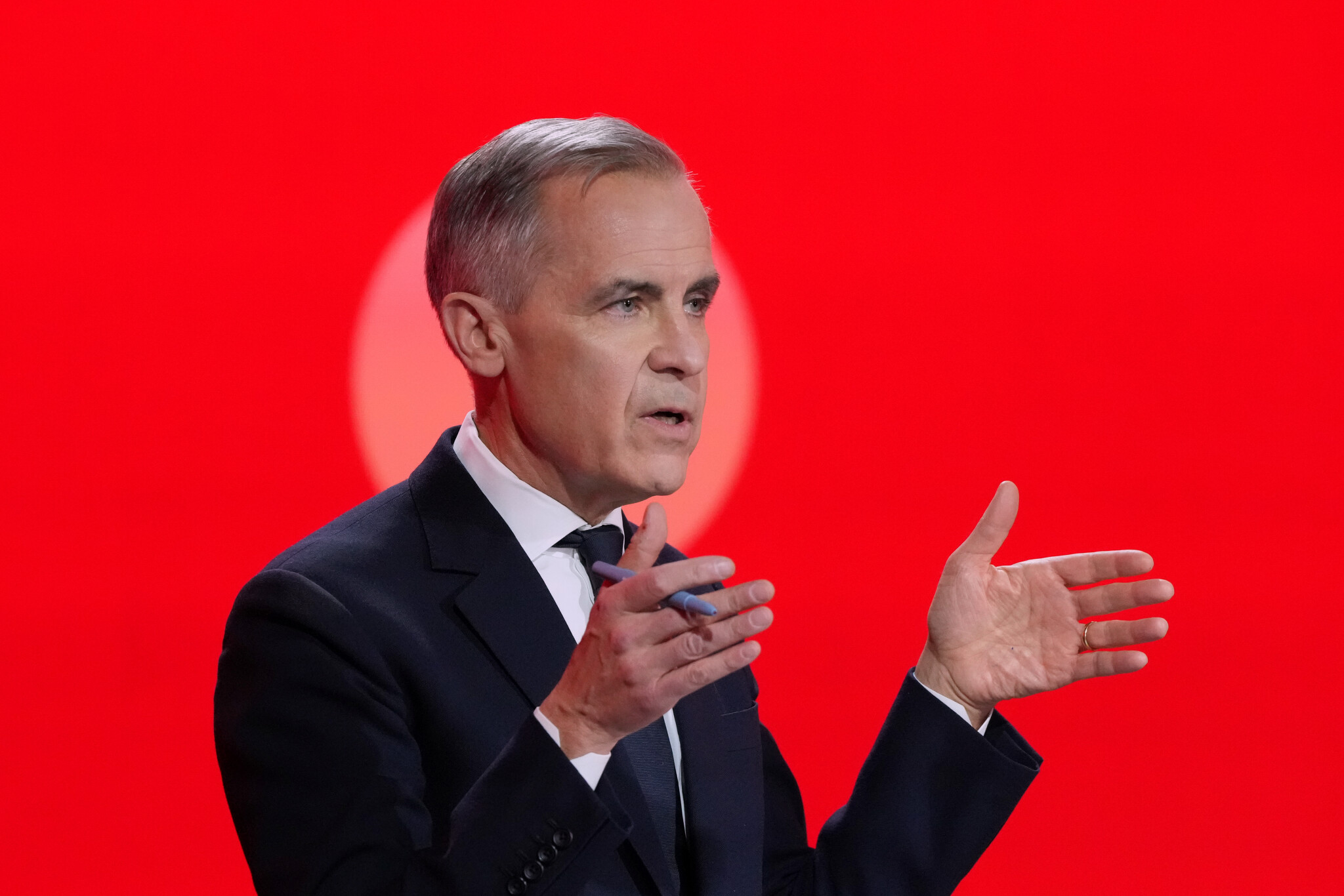The Trudeau government’s designed, appointed, and funded Leaders’ Debates Commission has a lot riding on the outcome of Thursday’s big event.
Since its creation in 2018, the Commission has spent over $10 million in public funds organising two elections’ worth of debates that were charitably described by the Globe and Mail’s Andrew Coyne as “toe-curlingly cringeworthy.”
Readers understandably will have excised from their brains the mental trauma of the 2021 federal “leaders’” debate with its five moderators (including now Liberal candidate Evan Solomon), thirty-second answers, gameshow style set, obligatory land acknowledgment ceremony, all funded at taxpayer expense.
At Thursday’s English-language debate, we will thankfully be treated to one moderator (TVO’s Steve Paikin) as a result of the Commission reflecting on its past failures, and a total of five party heads on stage.
The results are, alas, predictable. A gang up on Mark Carney. Three-fifths of the debate spent listening to “leaders” who are currently polling below 10 percent and have zero chance of forming government. Inane questions from members of the public, because when you are government-funded that is how you have to roll.
I could go on… The point is Canadians will not be treated this election to the debate the country urgently wants and needs, or a one-on-one matchup of Carney versus Poilievre.
It didn’t have to be this way.
During the 2015 federal election, there was no state-funded Leaders’ Debates Commission. Networks, newspapers, and civil society groups spontaneously organised the campaign’s big debates. Some were on the economy, others on foreign policy. All were independent and privately funded. Together they provided voters with more debates, in more formats, featuring more and different combinations of party leaders than any other time in history.
Flash forward to 2025, and it is fair to say we have arrived at what can only be described as Canadian democracy’s Orwellian tipping point.
We will watch a debate where everything from which leaders are allowed to appear on stage to the specifics of the debate format to who its broadcasts are is determined by a government “commission,” established by the incumbent party and overseen, until recently, by the same government’s favourite political appointee or David Johnston.
On the debate stage, we will have leaders representing parties that are themselves recipients of tens of millions of dollars in public subsidies, and who, in turn, are minutely and massively regulated by the state.
The same vast regulatory apparatus extends to individuals, corporations, unions, and charities. All are compelled by law to undergo an onerous registration with Elections Canada if they spend a paltry $500 or more to “promote or oppose” any policy stated by a party leader at the debate or any other time during the election.
Looking on, we will have reporters from “private” news organisations supported by hundreds of millions of dollars in annual direct and indirect government funding, and a public broadcaster in the CBC which employs one-third of all journalists in the country and is supported by its own $1.4 billion annual subsidy.
The debate will be broadcast by heavily regulated networks that, either through their news divisions or TV production companies, receive annually millions of dollars from the federal government.
And all of it, for two likely excruciating hours, will flow over airwaves and cables into our heads and homes that are owned, leased, and regulated by government.
No single person or group is to blame for this inglorious moment for our once proud democracy hewn over centuries out of the rough and tumble sectarian politics of language, religion, and ethnicity.
Rather, the conspicuous state intervention in the writ period that culminates in Thursday’s debate is the expression of our elites’ growing preference for something that isn’t exactly full-blown democracy.
If we are honest with ourselves, we’d acknowledge that with the state’s ever-deepening “curation” of the writ period, we have arrived at the moment where there is a prescribed set of possible political futures for our country.
Put another way, we are now a managed democracy where election results fall within a narrow band of probable outcomes that generally hew to the interests of a ruling caste and their small “p” political preferences.
While our democracy doesn’t (yet?) look like Russia or Turkey with full state penetration of the writ period, the media, political parties, and telecommunication, this now is a matter of degree and no longer one of fact.
And this should be deeply saddening to all of us. The existence of the Leaders’ Debates Commission and the totality of what it represents is a sign that something important has been taken away from us. The sense that our future could be radically different from the past. That we could escape the growing statism woven into our culture, politics, elections, and economy and experience a new country with new rules and new rulers. That we could, if the situation demanded, exercise our democratic freedoms and completely upend the existing order.
Later Thursday evening, when millions of addled and annoyed viewers have turned off their smartphones and powered down TV sets, the electronic diodes will wink out not just on another mediocre debate, they will dim on our democracy as it takes another shuffling step towards outright technocracy.










